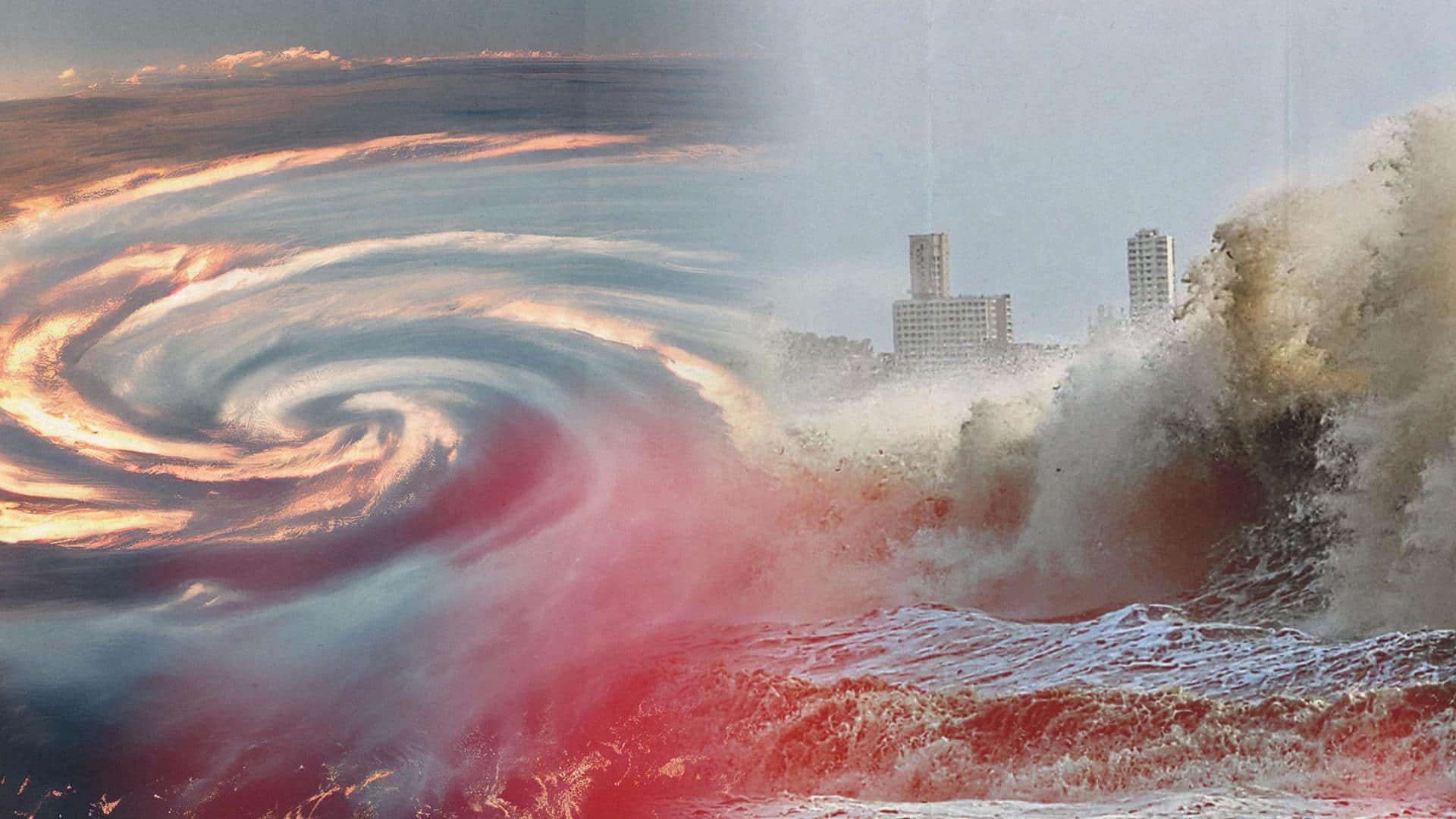
Cyclones with female names deadlier than male-named ones: Study
What's the story
Does the insidious grip of gender bias extend even to the naming of natural disasters? One research finding says so! The study indicates that cyclones assigned female names tend to be more lethal compared to male-named ones. The study hints that a hidden undercurrent of sexism may be at play, as feminine-named cyclones have a lower perceived risk and subsequently reduced preparedness.
Feminine vs masculine
Female cyclones: 41.48 deaths, male cyclones: 15.15 deaths
The study published in the Proceedings of the National Academy of Sciences (PNAS), a peer-reviewed journal of the National Academy of Sciences, United States, discovered a noteworthy pattern. By examining over six decades of cyclone-related death rates in the US (1950-2012), the study found that cyclones with feminine names resulted in approximately 41.84 deaths, whereas masculine-named cyclones caused an average of 15.15 deaths.
Experiments
Male cyclones evoke more fear than female ones, claims study
The study conducted experiments to understand how people perceive and react to cyclones' names. The researchers discovered that a cyclone named "Priscilla" was not taken as seriously as one named "Bruno," which evoked more fear. During an experiment, participants predicted 10 cyclone names, five of which were female names and the others were male names. Participants considered the male names to be more intense.
Perceived sexism
Study claims meteorologists linked cyclones' unpredictability to women
In the past, cyclones in the US were exclusively given female names, as it was deemed suitable by meteorologists who saw a resemblance between the unpredictability of cyclones and the perceived unpredictability of women, claims the study. However, some critics argue that this practice stemmed from the longstanding tradition of naming naval phenomena and ships after women.
Contradiction
An expert contradicts the research findings
Jeff Lazo of the National Centre for Atmospheric Research, US, pointed out that until 1979, all cyclones were given female names, meaning the study included a period of 29 years without male cyclone names. Lazo told to National Geographic, "It could be that more people die in female-named cyclones, simply because more people died in cyclones on average before they started getting male names."
New System
The naming practice changed in late 1970s
The era of exclusively female-named cyclones reached its end in the late 1970s. However, a rising awareness of sexism and the advocacy of women's rights activists brought attention to the gender imbalance in cyclone naming. To fix this, a new system was created, which involved incorporating both male and female names for cyclones, alternating between male and female names.